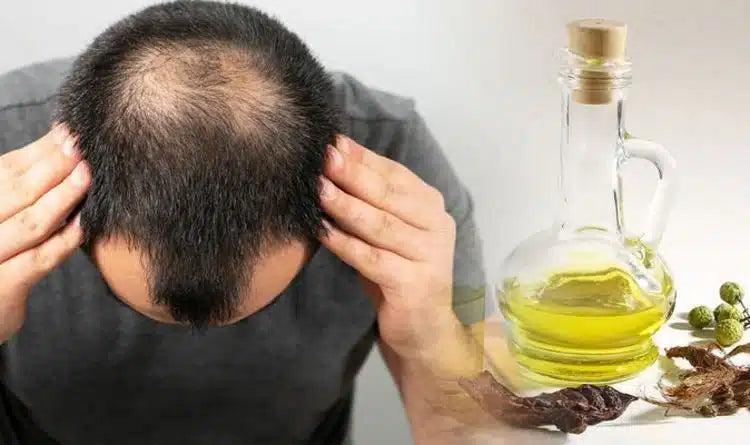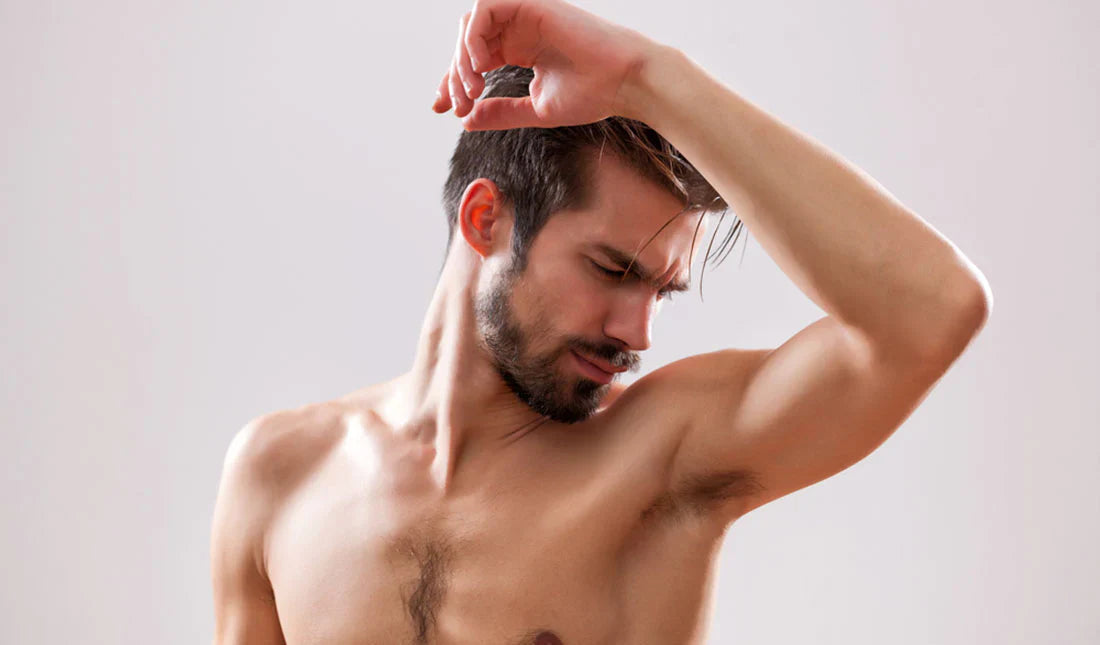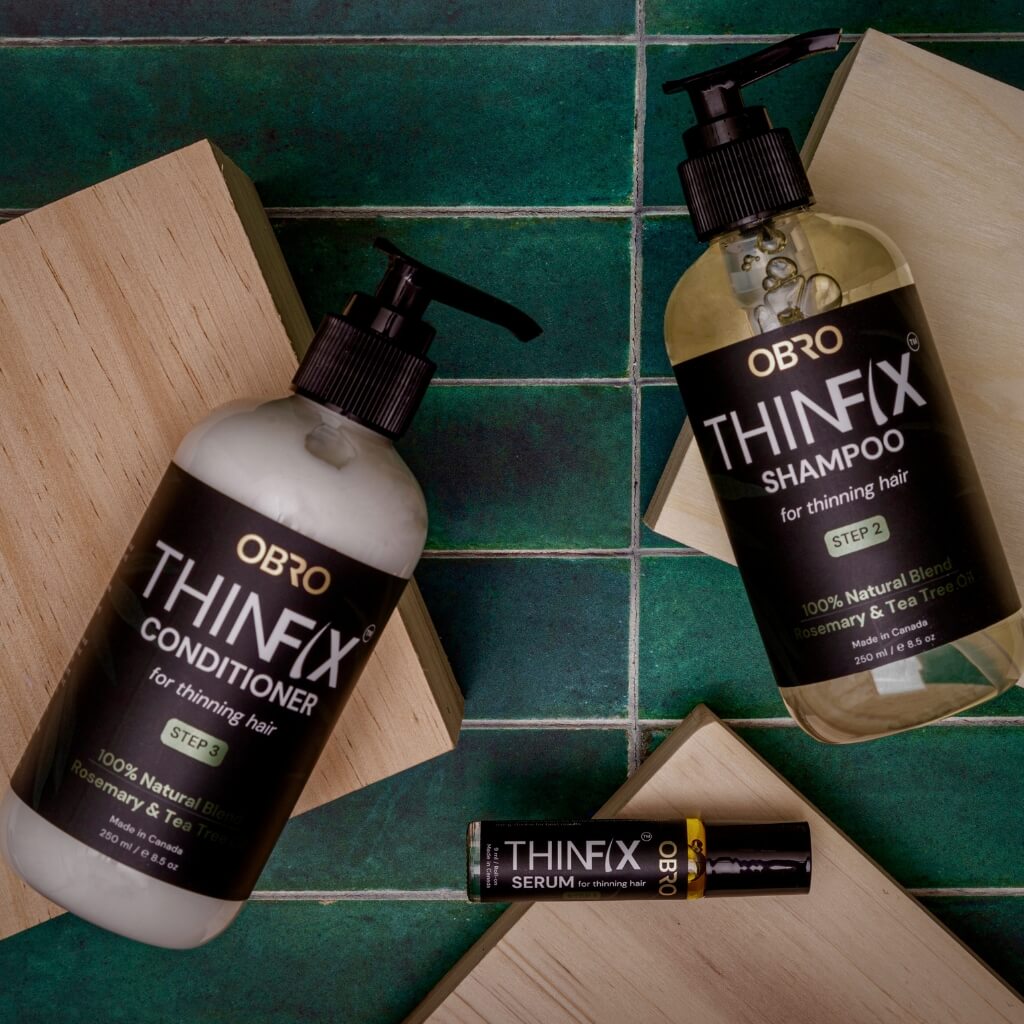9 Essential Oils Used for Hair Growth
Some essential oils may benefit hair by speeding hair growth, improving scalp health, and improving texture.
Plants undergo distillation or evaporation to extract essential oils. Although essential oils are popular for their fragrance, they also have influential chemicals that are advantageous for health.
For years, essential oils have been utilized in holistic, homeopathy, and other treatments owing to their potential and negligible risk of drawbacks.
Essential oils have the potential to enhance the wellbeing of hair. They can promote hair growth as well as provide strength and shine, among other things.
Using essential oils can benefit your hair.
1. Lavender essential oil
Knowing that lavender oil has properties that can generate the growth of cells and reduce stress, researchers in one animal study found that this oil was able to induce faster hair growth in mice.
Applying a mixture of lavender oil and carrier oil like olive or melted coconut oil directly to your scalp for at least 10 minutes before washing it out and shampooing can improve scalp health. You can do this several times per week since lavender oil has antimicrobial and antibacterial properties.
2. Peppermint essential oil
Applying peppermint oil may cause a cold and tingling sensation by boosting blood flow to the area. This effect may be helpful in promoting hair growth during the growing phase of hair growth (anagen). Results from a study involving mice demonstrated that peppermint oil increased the number of hair follicles, their depth, and overall hair growth.
To use peppermint essential oil on your scalp, add 2 drops to a carrier oil and massage it in. Wait for 5 minutes before washing it out well with shampoo and conditioner.
3. Rosemary essential oil
Rosemary oil is a great option for improving hair thickness and growth because it can enhance cellular generation. A study shows that rosemary oil can be as effective as minoxidil, a common hair growth treatment, but with fewer side effects like scalp itching.
For best results, apply a mixture of rosemary oil and olive or coconut oil to your scalp. Leave it in for at least 10 minutes before washing it out with shampoo. Repeat this process twice per week.
4. Cedarwood essential oil
The belief is that cedarwood essential oil can help with hair growth and reduce hair loss by regulating the oil glands on the scalp. It has properties that can treat certain conditions like dandruff and hair loss, being antifungal and antibacterial. There was a study showing that using a blend of cedarwood extract with lavender and rosemary can decrease hair loss in those with alopecia areata.
Mix a few drops of cedarwood essential oil with 2 tablespoons of a carrier oil of your choice. Massage it into your scalp, and leave it on for 10 minutes before washing it out. It may be hard to find in grocery stores, but you might be able to purchase it from smaller health food stores.
5. Lemongrass essential oil
Maintaining a healthy and flake-free scalp is crucial for maintaining hair health as dandruff is a common problem. According to a study conducted in 2015, lemongrass oil is a potent treatment for dandruff, and it can significantly reduce dandruff within a week.
Lemongrass oil for dandruff is most effective when used daily. Mix a few drops into your shampoo or conditioner daily, and make sure it’s massaged into your scalp.
6. Thyme essential oil
Thyme oil can be beneficial for promoting hair growth and preventing hair loss by stimulating the scalp. It has also been found effective in treating alopecia areata, similar to cedarwood oil. However, it is a potent essential oil and should be used in small quantities. Mix only 2 drops of thyme oil with 2 tablespoons of a carrier oil before applying it to the scalp. Rinse off after 10 minutes.
7. Clary sage essential oil
The linalyl acetate found in clary sage oil helps to increase hair growth, just like lavender oil. It not only makes hair grow faster but also strengthens it, making it less likely to break.
Mix 3 drops of clary sage oil with your favorite conditioner, or with 1 tablespoon of carrier oil. If using it daily, rinse out after 2 minutes. If using it once or twice per week, leave it on for 10 minutes.
8. Tea tree essential oil
Using tea tree oil topically can help increase hair growth by unclogging hair follicles, thanks to its cleansing, antibacterial, and antimicrobial properties.
Tea tree oils come in many concentrations, so it’s important to follow the manufacturer’s directions. Some are highly concentrated essential oils, and other products are mixed in a cream or oil.
A 2013 study even found that a mixture containing tea tree oil and minoxidil was more effective than just the minoxidil alone in improving hair growth, though more studies are needed on using tea tree oil only.
A review in 2015 found tea tree is commonly used in anti-dandruff treatment products. You can mix 10 drops of tea tree essential oil into your shampoo or conditioner and use it daily. Or, you can mix 3 drops with 2 tablespoons of a carrier oil, and leave it on for 15 minutes before rinsing it out.
9. Ylang-ylang essential oil
While those with oily hair and skin would want to skip this one, ylang-ylang oil is ideal for those with dry scalps, as it can stimulate sebum production.
As lack of enough oil and sebum causes hair to become dry and brittle, ylang-ylang can improve hair texture and reduce hair breakage.
Mix 5 drops of essential ylang-ylang oil with 2 tablespoons of warm oil. Massage it into your scalp, and wrap your head with a warm towel. Leave it in for 30 minutes before washing it out. Ylang-ylang can also be found in preparations such as shampoo or creams.
An extract oil alternative
Horsetail plant extract oil
Horsetail plant oil is an extract oil, not an essential oil. It contains silica, which is thought to improve hair growth speed and strength along with potentially reducing dandruff.
While no studies have evaluated horsetail oil used topically, a 2015 study found that oral tablets containing the oil improved hair growth and strength in women with self-perceived thinning hair.
It can also be effective as a topical treatment, with anecdotal evidence and theory suggesting that it may help boost circulation to the scalp and have the same benefits as the oral tablet. You can buy it online or at your nearest health food store.
Follow the manufacturer’s directions. It can be added to shampoo or massaged into your scalp.
Risks and potential complications
The biggest risk of essential oils is skin irritation or allergic reactions. This is especially common when an essential oil is applied directly to the skin, so it’s vital to always use a carrier oil to dilute it.
Allergic reactions are also more common in those with sensitive skin or those who have allergies to the essential oil.
Symptoms of skin irritation include:
- contact dermatitis
- burning, discomfort, or painful tingling
- redness in the affected area
Signs of an allergic reaction include:
- severe dermatitis
- blistering rashes
- difficulty breathing
- swelling of the tongue or narrowing of the throat
It is recommended that only people who are older teenagers or adults use essential oils topically for hair health. If you believe that essential oils could be helpful for your child, you should consult their paediatrician first to ensure that it is safe. Also, make sure to test a small amount of the mixture on a small patch of skin before using it fully to check for any possible irritation.
Takeaway
Using essential oils to improve hair health is a low-risk and affordable option. Additionally, they are user-friendly.
For many, mixing some with a carrier oil or your shampoo and applying that to your scalp regularly can increase hair growth, strength, or shine.






1 comment
Kudos to the writer for compiling such a comprehensive guide on essential oils and their impact on hair growth. The well-researched information provided here is sure to assist individuals looking to harness the power of nature in their hair care routines.